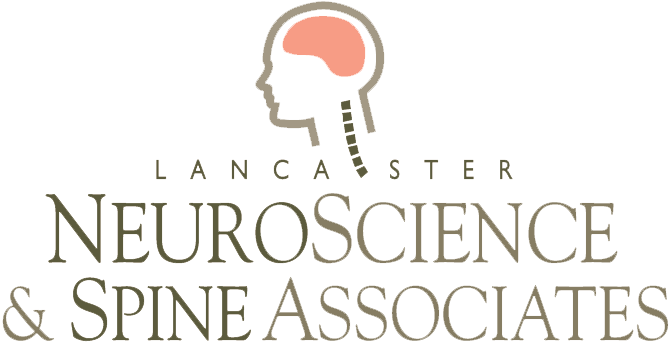Physician Assistants help Patients get back on the Wellness Track
Article from Lancaster Sunday News
Kristin O’Brien, Physician Assistant, with Neurosurgeon Eddy Garrido in the operating room: “I appreciate the trust that is placed in me.”
Nobody wants to have surgery, but when injury or disease makes it necessary, the experience often gives patients a renewed appreciation for their good health and a desire to turn over a new leaf. A key member of the health care team who helps them along that path is the Physician Assistant (PA) who works closely with their doctor.
Part assistant, sleuth, teacher, and surrogate family member, PA’s are a vital part of a medical-surgical practice and a major support system in a person’s experience before and after surgery. Patients benefit from the PA’s suggestions on behavioral changes that can help them get back on their feet. The patients develop a partnership with the PAs and typically gain a more positive outlook on recovery.
The Physician Assistant certification is one of the fast growing professions in the healthcare arena, and also one of the most rigorous for training and work schedules. Candidates typically pursue a health science degree, which is an intense 5-year, 12-semester program that includes a masters program. It resembles more the model for medical school, covering specialties from pediatrics to geriatrics, psychiatry to surgery.
PA’s are an integral part of the medical team of Lancaster NeuroScience & Spine Associates. Their role is vital to the quality and continuity of care before and after brain or spine surgery. They believe that the close relationships they forge with both surgeons and patients are among the most satisfying aspect of their jobs.
Kristin O’Brien worked in a laboratory after graduating from the University of Vermont, and co-authored research papers in the International Journal of Cancer and the Journal of Trauma. Her desire for interaction with patients took her out of the lab and on to her Master of Health Professions and Physician Assistant Certificate at Northeastern University, Boston. Married to pediatrician Dr. John O’Brien and mother of six-year old daughter, Clare, Kristin has found a good fit with the neurosurgical practice that allows her to balance her family and career responsibilities.
“I have an excellent rapport with Dr. Eddy Garrido and Dr. John Gastaldo, my supervising surgeons,” she said. “After five years of working together, it’s kind of like a dance where you can anticipate each other’s moves. Our interactions have become fluid and effortless. I also see patients alongside Dr Garrido. He has a level of comfort with my clinical judgments and has come to trust my assessments about patients’ post-op care,” she explained. That means all the more to her given the demands of the surgeons’ schedule and the degree of difficulty they face daily, she points out.
Kristin and John O’Brien hope to do medical mission work in third world countries “once our daughter grows up, and life slows down some,” she says with a smile.
Kristin appreciates her patients’ growing awareness of the extensive training she has undergone to be a comprehensive health care provider. “They are so grateful for the time that we spend with them and how closely we listen to them,” she said. “Sometimes this means just as much to them as actually fixing their problem.” She says that as people come to appreciate the role they play in specialties like neurosurgery, more individuals are being drawn to become PA’s. She believes that as technological advances bring life-changing treatment alternatives, the benefits to patients will be amazing, and she feels privileged to have a front row seat.
Training required to become a Certified Physician Assistant (PA-C)
PA-C’s are formally trained to provide diagnostic, therapeutic, and preventive health care services as delegated by a physician. They do pre-operative evaluations and teaching. They also assist with surgery, in-hospital patient rounds and post operative follow-up. They serve as a vital liaison between hospital nursing units and surgeons’ offices and they coordinate home health services.
PA-C’s must complete an accredited, formal education program and pass a National exam every six years to maintain their license. Training is intensive and multi-disciplined. Previous work experience in the health care field is typical for those seeking PA certification.




